At Radcliffe Group of Schools, we recognise the immense importance of result analysis in evaluating students’ academic performance. Result analysis plays a crucial role in identifying not only the strengths but also the weaknesses of our students.
By carefully examining the outcomes of exams, our teachers gain valuable insights into each student’s understanding of different subjects and concepts. This analysis enables us to differentiate between top performers, average achievers, and those who may require additional support.
Through result analysis and effective remedial support, we strive to unlock the full potential of every student at Radcliffe, fostering their overall success and ensuring a strong foundation for a bright future.
The Power of Result Analysis
Conducting result analysis after each exam holds immense significance in the educational journey of our students at Radcliffe Group of Schools. It allows us to gain valuable insights into their academic performance and progress.
By carefully analysing the results, we can differentiate the top performers, average students, and those who may require additional support.
One of the major benefits of result analysis is the ability to identify learning gaps and areas of weakness in students’ understanding.
This knowledge is pivotal for educators as they can tailor their teaching methodologies and strategies to address these specific needs.
By pinpointing the areas where students struggle, we can provide targeted interventions and support, fostering a more effective learning experience.
Moreover, result analysis provides a comprehensive overview of each student’s strengths and weaknesses. This not only helps us in designing individualised remedial plans but also allows us to celebrate the achievements and strengths of our top performers.
By acknowledging their outstanding performance, we foster a culture of excellence and motivate all students to strive for improvement. The process of result analysis empowers us to identify academic trends, patterns, and areas that require collective attention. It is a continuous and dynamic process that guides our teaching staff in making informed decisions about instructional strategies, curriculum enhancements, and assessment methods.
Question-wise Analysis for Enhanced Learning
The question-wise analysis involves a detailed examination of students’ responses to individual questions in exams or assessments. It goes beyond just looking at overall scores and delves into the specific concepts and topics that students may struggle with. This analysis plays a crucial role in evaluating students’ conceptual understanding and identifying areas that need reinforcement or clarification.
By carefully analysing students’ responses to each question, teachers can gain valuable insights into their thought processes, misconceptions, and areas of weakness. They can identify common errors or misconceptions that may arise and address them through targeted classroom interventions.
Additionally, this question-wise analysis allows teachers to differentiate their teaching and learning approaches based on individual student needs. By identifying areas of weakness specific to each student, teachers can tailor their instruction to provide additional examples, explanations, or practice opportunities.
By addressing individual needs through tailored interventions, teachers can create a positive and inclusive learning environment that promotes academic growth and success for all students.
Formative Assessment and Tracking Progress
Closely monitoring class tests, periodic tests, and term exams is of utmost importance in ensuring the academic growth and development of our students at Radcliffe Group of Schools.
Regular evaluation allows teachers to identify areas where students may be struggling and address their needs promptly. As part of our commitment to student success, we create a class-wise list of students who score below 50% in formative or summative exams. This list enables us to closely monitor the progress of these students and implement targeted interventions to support their learning journey. By recognising those who may need additional assistance, we can provide individualised attention, resources, and remedial support to help them bridge the learning gaps and improve their performance.
This ongoing monitoring provides a clear picture of each student’s development, helping us identify areas for improvement and tailor our instructional approaches to meet the specific needs of every learner.
Maximising Me-Time Periods for Remedial Support
Me-Time periods are invaluable opportunities for providing remedial support and addressing the individual needs of our students at Radcliffe Group of Schools.
Here are some strategies to optimise these periods effectively:
- During Me-Time periods, teachers can focus on providing additional attention and support to remedial students. This dedicated time allows for personalised instruction and targeted interventions to address specific learning gaps. By utilising various teaching techniques and resources, teachers can create a supportive environment that promotes academic progress.
- Teachers can dedicate one-on-one or small group interactions with remedial students to address their specific needs. By identifying gaps in understanding, teachers can provide tailored explanations, clarify doubts, and reinforce concepts. This individualised attention helps build students’ confidence and accelerates their learning.
- To maximise the impact of Me-Time periods, teachers can design customised worksheets that align with students’ learning styles and specific needs. These worksheets can incorporate visual aids, hands-on activities, or interactive elements to engage students. By catering to diverse learning preferences and addressing specific areas of weakness, teachers can foster a more effective and targeted remedial support system.
Progress Towards Academic Excellence
The goal of reducing the number of students in remedial classes over time is a key objective in striving towards academic excellence. By addressing challenges and providing tailored support, educators aim to ensure that no student scores below 50%. This commitment to student success is essential for creating a culture of continuous improvement within the school.
It is important to emphasise that academic progress and achievements should be celebrated across all grades. Recognising and applauding student growth reinforces the value of hard work and perseverance. By acknowledging and highlighting accomplishments, students are motivated to continue pushing themselves and achieving their full potential. The journey towards academic excellence requires ongoing assessment and adjustment of lesson content to meet students’ needs.
Tailoring assignments based on students’ learning styles and grouping them according to shared interests or abilities ensures that every student receives the necessary guidance and encouragement.
Conclusion
Result analysis is crucial for evaluating academic performance and identifying students’ strengths and weaknesses. It allows for tailored teaching methods, targeted remedial support, and addressing misconceptions. Regular assessment enables tracking progress and implementing interventions. Me-Time periods provide personalised instruction.
The ultimate goal is to strive towards academic excellence by reducing the number of students in remedial classes and celebrating achievements across all grades. By continuously assessing and adjusting lesson content based on students’ needs, a positive and inclusive learning environment is fostered.




